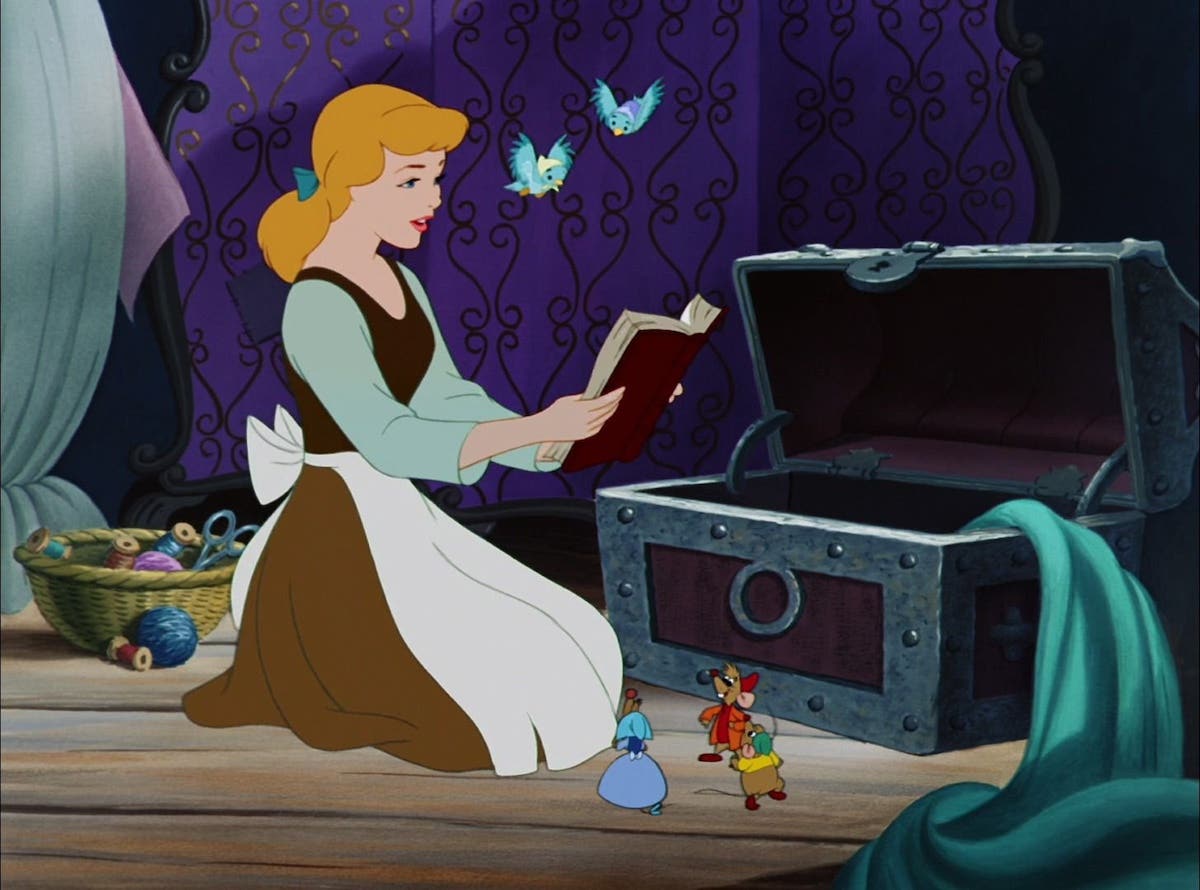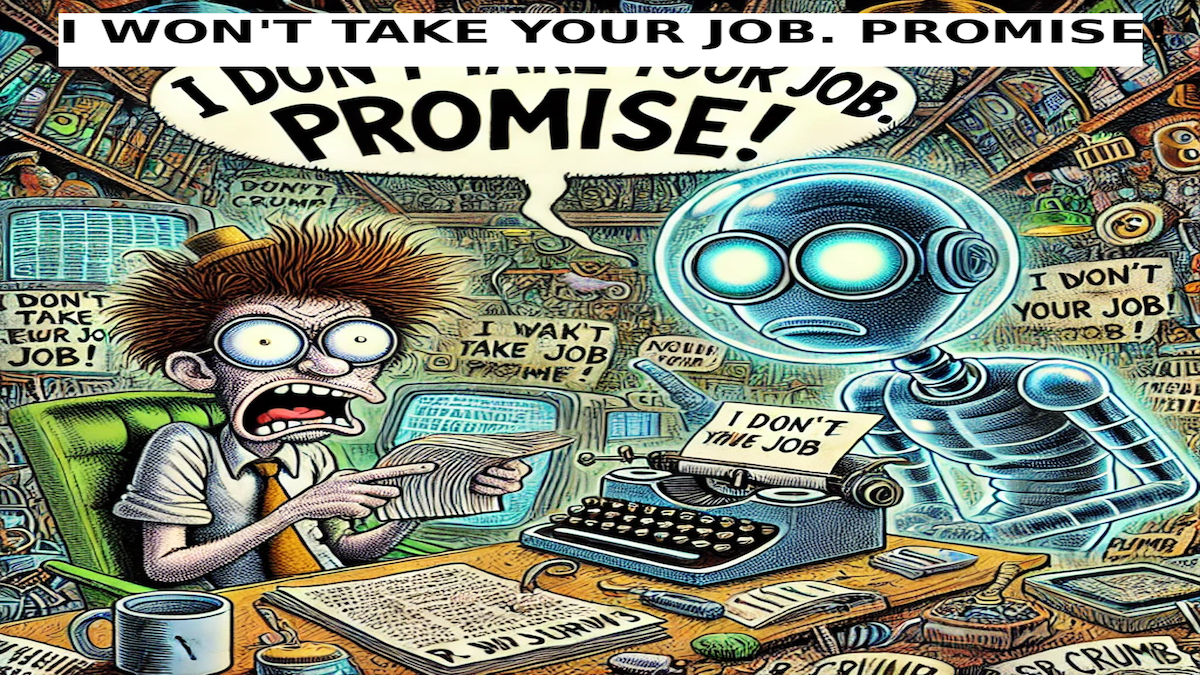Why Spec Scripts Fail: Failure To Do Your Homework – Part 1
In the past articles, Why Spec Scripts Fail, we explored some of several reasons why spec scripts receive the “Heave Ho.” Now I want to address some more reasons why…
In the past articles, Why Spec Scripts Fail, we explored some of several reasons why spec scripts receive the “Heave Ho.” Now I want to address some more reasons why your spec is dead on arrival. Never to be resurrected and read.
Number one among the reasons is also the premier sign of an amateur writer – fancy colored covers or binders. This does not create a good impression. In fact just the opposite. The negative first impression is heightened even more so if the submission includes fancy fonts, a suggested cast list, photos or drawings, WGA registration notices and/or numbers and a © copyright notice. The last two impress, however they impress the wrong way. Any font other than 12 point courier font, plus any info other than title, writer and contact info on the title page screams, “Look at me. I don’t know what I’m doing in this industry.”
Why are colored covers and fancy fonts a major NO, NO? Trust me, it’s not because some pencil pushing “Bean-Head” suddenly decided they were the “Script Police” or the “Czarina of Cinematic Words.” Arbitrary as they may seem, these standards evolved over time as a means to filter out or determine who has done their industry homework.
Most working first level readers in agencies are given this “Rule” as an automatic toss. A correctly formatted title page and script bound by two #5 brads and washers is expected (positioned in the top and bottom holes, leaving the middle with no brad). Just do it. Now, before the more energetic among you get all over my case, realize these are NOT my rules. I challenge you to read on.
These longtime conventions are an industry method to determine if the writer can be creative in story substance vs. trivial fluff. It’s more along the lines of how do we filter out the wheat from the chaff now that everyone with a laptop and writing software thinks they are a writer. Don’t misunderstand me, the use of industry standard writing and formatting software is essential if you want your words of wisdom to be taken seriously by the industry gatekeepers. Unfortunately, since the advent of computers vs. typewriters and script formatting programs or templates, the flood of correctly formatted substandard stories has overwhelmed the system.
Story is king/queen.
Let’s continue through the “Rule” minefield as we head to the eventual goal of enticing the reader to read your wonderful words.
If your script is one of the approximately forty seven percent that passes the appearance test the next auto toss is the inclusion of a non-disclosure agreement (NDA) with your submission. Many contests will return your “un-cashed check and/or unread script.” Your paranoia spreads like the plague and it will terminate any interest in both you and your story faster than “Swifty” the hare at the greyhound track.
It’s understandable that a writer feels the necessity to protect the fruits of months of writing. What is not clear to the novice scribe is that nobody can steal your story or tell it as well as you can. As an aside, there is no way to protect an idea. Concentrate on a story that garners interest than hire an entertainment attorney for 5% of the sale price to take care of the legal stuff. However, I can assure you that working screenwriters do not attach NDAs with their script submissions. Coming to America was an entirely different issue.
NOW, before you scream at me about what you've seen on such and such script, ask yourself where that script was in the food chain, who wrote it, and what their caché is. Or, was the format and font the brainchild of some twit in PR and / or marketing. Their vain attempt to catch an eye at awards time?
Do you register and / or copyright a script? Absolutely, without a question. Just don’t plaster it all over your script. It is assumed. Likewise, if you’re a writer the odds are high that you are not an entertainment lawyer (a few exceptions noted). So stay out of the storefront legal business with NDAs. The time and place will develop later as part of a sales agreement / contract.
These first faux pas are two of the reasons you and your script are unlikely to make it past the first level reader. One exception is when the unfortunate reader has been given specific instructions to read Aunt Flo’s brother’s Cousin Jake’s fantastic outer space wedding / melodrama travesty. In which case the beleaguered reader will suck it up then usually look for a different low-paying job in the fast food industry when they’re honest and give it a pass.
Let’s assume you've aced the approach and the paranoia test and the reader gets to the first words of your character’s journey. Failure to treat page one as the most valuable piece of script real estate you have creates a disaster waiting to happen. If the scribe fails to understand that here is where the genre, tone, protagonist with flaw, the time and place and start of the journey appears, then reader interest start to wane. Fast introduction of these story elements keeps the already overworked underpaid reader, who holds the power of life and death over your script, excited enough to turn to page 2.
If the writer doesn't address these story points, it creates “a failure to entice.” In no time at all the script will become a has-been before it ever was. In fact, at least one of the top five to six agencies, located in Beverly Hills, has an entire dumpster out back, emptied once a week, full of printer excrement that was once someone’s artistic pride and joy. Those months or years of late night early morning effort are now destined to be an unread or partially read recyclable.
“No” is easier than “yes”. With a “No” a first level reader will keep a job as a marginally appreciated / low-paid intern.
Back to the title page and page one.
Another bounce into the round file reason is obvious but overlooked by fledgling writers (no you don’t have the caché to write your way) is fancy “fontitis.” NO fancy fonts or fonts other than 12-point courier, and no extensive use of underlining (this is not TV or The Page contest).
Additionally, be sure there are TWO spaces between sentences (yes, I know the “new” space rule. It does not apply to scripts). These requirements harken back to the days when scripts were created on the manual Oliver Courier Typewriter.
Here’s a quick question… How many readers know the reason this type face and format are significant? Or for that matter, why pages are locked and changes may create page 15A, 15B et cetera? I digress.
If you open your script, or for that matter any scene, with “We see” or We hear” you have created a newbie oxymoron regardless of where you think you are on the writing curve. When a reader is face down in your script all they “see” are your words on the page. The fewer the better. Can you guess the phrase? All that enters their ears is ambient sound or some form of entertainment.
Back to what the reader sees.
How does your script look on the page? It’s important to use short declarative sentences. Sentences in the present tense. These short sentences must succinctly convey your intent. Long-winded, ink-heavy pages are a slow read. It is in your best interest to make the thesaurus, dictionary and rhyming dictionary your best friend.
Develop a writing style that draws a reader along with your protagonist rather than one that relegates them to a place outside your story. A studio reader is expected to process a minimum of two scripts with reports in an eight-hour day. Most read three to five. An easy read will get a great report as long as the story and all else hold up.
Help them by the way you shape your story on the page. To repeat what you already know, “Less is More”. Don’t state the obvious. Create short dialogue and action paragraphs. Why? Imagination. Learn to invoke the imagination of the reader, it’ll trump your description every time.
“Less is more” means less pedantic description and action paragraphs. This will allow more room for your story. Duh!
Learn to format each page in such a ways to encourage the reader to speed down it. If you write this way, they’ll feel compelled to turn to the next page vs. stop then scan the remainder of your tome. If you get scanned (95% + of all scripts) again kiss your months or years of work bye, bye.
Just a reminder, we haven’t finished the first page yet.
An experienced reader can tell by the title page, or it and the first page, if the scribe has talent. Whether the writer has the chops or not is many times clear in as little as the first sentence. The degree of or lack of talent can be as obvious as that irritating blue LED on your cable box at 2 AM.
Of all the thousands of scripts I have read and analyzed (yes I read them), less than twenty clearly establish both the tone, genre and protagonist on the first pages. Two went on to become successful motion pictures.
When a scribe doesn't provide an incentive for any reader to continue, why should they? If the reader must continue, he or she now reads your work with an attitude. You now have to overcome that bad first impression that screams you are not an “A-list” writer. That moniker does not bode well for either a “consider” or a “recommend.”
If a writer nails the first page and continues that quality through to the end of the protagonist’s journey, then s/he is well on their way to a positive review. Then if the story has universal appeal, that positive review could lead to a sale. Yes, there are a few writers who have been able to get marginal work on the screen, both Gigli and Arnold’s recent series of travesties come to mind.
Your question should be, “How do you want to be remembered?” Is it as someone who snuck in as a “One Off” or as someone who created a story along the lines of Casablanca,A Sent of A Woman, Star Wars, The Pianist or Frozen and now has a screenwriting career?
The concept of encouraging the reader to “turn the page” is rooted not only on how it looks and how the story moves, but also on whether or not the basis of the story is a fresh look at an old idea or a new concept entirely. No more superheroes, retreads of a “disaster in a box” or stories that are poor cousins of Die Hard, Snakes On A Plane, Non Stop, Transformers, the Heist de Jour, or any other worn out cliché, ad nauseum. I grant you that it’s all fast money in the short term. However, this is greed at the cost of a gross overload of the franchise(s). It’s another sad way a few have developed to drive people out of the cinema in the long term.
There is no question, box office notwithstanding, cinematic story quality has plummeted over recent years. Box office income is a poor measure of success. A more realistic measure is total number of tickets sold vs. screenings vs. empty theatre seats. This removes inflated ticket prices from the equation.
Now to round out the thoughts for this month. When you write a script as if it is a novel you run the risk of “Expositionitis.” Even in a novel there is an art to information disclosure. Gross exposition is frowned upon in both media. If you dump data on the reader before you have set up the appropriate question(s) that the reader needs to have answered, you remove the reason for anyone to turn the page and root for the protagonist as his/her journey unfolds. Uninvited exposition leads to a boring exposé, be it novel or script. It also violates the most fundamental “rule” for a writer; Do Not Bore The Audience.”
The topics we covered, in no particular order are:
- Past articles.
- Fancy binders with inappropriate content.
- WGA and / or © copyright notice.
- Included Non-Disclosure agreement – Paranoia.
- Failure to treat page 1 as premium script real estate.
- Fancy font, incorrect size font, wrong spacing and margins.
- We Hear - We See, newbie oxymoron.
- Ink heavy pages.
- How to create more room for story.
- At what point has the reader passed judgment on you, on your script?
- How to encourage the reader to turn the page?
- The fundamental rule.
- What must be on the first pages?
- How do you want to be remembered?
- Is your work fresh and / or unique?
- Does your script suffer from a case of “Expositionitis”?
I challenge you to go back through this article and explore then justify to your satisfaction why these reasons are so. Then read your scripts (you do have more than one, right?) and expunge all of these and other sources of cancerous verbosity or over indulgent attempts at salesmanship.
The bottom-line is simply; “If you don’t like the way Hollywood does business, don’t do business with Hollywood.” We will continue with more of these “avoids” next time (2 top agencies have at least forty five more).
Related Articles and Tools to Help:
Stewart Farquhar holds Screenwriting and Advanced Screenwriting certificates from the Professional Program at The UCLA School of Theatre Film and Television. Stewart has analyzed over 10,000 scripts for private, agency and studio clients. He is a produced playwright, active screenwriter and an in demand lecturer. He presents as a guest lecturer in Master’s Level screenwriting programs at UC Berkeley and Loyola Marymount University. He has been a final story analyst for both Slamdance and scripts headed to Cannes for funding. Visit Stewart's site TheReadersCompany.com and follow him on Twitter, Facebook, and LinkedIn. Email: stewart@thereaderscompany.com

![The Era of the Multi-Hyphenate: An Interview With Writer and Filmmaker Mario O. Moreno [SERIES]](https://scriptmag.com/uploads/MjEzMTEyNzA4NjQ2NTc3NjE1/the-era-of-the-multi-hyphenate-series-script-hero.png?format=auto&optimize=high&width=1440)



